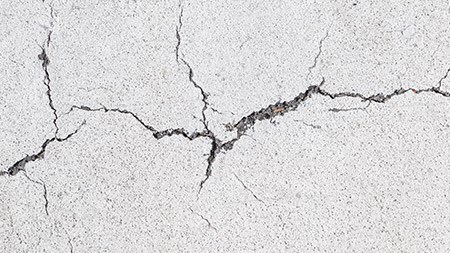Most property buyers and sellers have a rather vague idea of what the voetstoots clause means and how it applies to them. This can lead to disputes if the parties don’t realise how it affects the offer to purchase and other property transaction documents.
What is the voetstoots clause?
In South African law the voetstoots clause is a standard term inserted into real estate – and many other - sale agreements. It says that the purchaser is buying the property or other item as it stands, whether or not it has patent or latent defects.
Patent defects refer to defects that are openly seen, discovered, or understood to be defects, whereas latent defects refer to hidden or dormant defects. Latent defects are more contentious because they often require a trigger to bring it to one’s attention, for instance roof damage that only becomes obvious after a bad storm.
The clause protects sellers in the event of latent defects coming to light after the transaction has been concluded. However, whether defects are patent or latent, if sellers know about them, they cannot use the voetstoots clause to protect themselves against repairing them or disclosing them to the buyers.
Consumer Protection Act
Since the Consumer Protection Act (CPA) was implemented in 2011 many property buyers and sellers have incorrectly assumed the voetstoots clause is no longer applicable.
The voetstoots clause still applies to property transactions when the seller’s ordinary course of business is not property, such as individuals who are selling their own houses or apartments. However, the CPA would instead apply to developers, investors or speculators, who make a living from buying and selling property.
Common issues
Sellers are required by law to disclose any latent property defects they are aware of. For the voetstoots clause to be set aside, buyers would have to prove that the sellers knew of the latent defects and deliberately concealed them with the intention of defrauding the buyers.
However, it can be very difficult – and costly - trying to prove that sellers deliberately withheld the information if problems are only discovered after the sale has already been concluded.
Disclosure document
Responsible estate agents usually recommend that a property disclosure document issued by the Estate Agency Affairs Board is included in a sale agreement. Many offers to purchase now include this checklist in which sellers state whether items within the property and included in the sale are in good condition or not, and whether certain extra items are included in the sale.
Although the disclosure document is not a legal requirement it offers both buyers and sellers a measure of protection. Sellers cannot afterwards be accused of not disclosing certain latent defects to the buyers when the sale was concluded. For buyers, on the other hand, it gives a good idea of what would need replacing or repairing and whether there may be expensive defective items that could determine whether or not they offer for the property at the marketed price.
It’s in the best interests of both parties to sign a disclosure document. However, if the seller refuses, the buyer should insist on an additional clause being added to the sale agreement concerning defects that come to light after the deal has been concluded.
Home inspection
Latent defects may be hidden or dormant, but they are often detectable if you know how to look for them. Whether you’re selling or buying a home, it is recommended that both buyers and sellers do a thorough home inspection before entering into a sale agreement.
This will ensure that all defects are disclosed and that buyers know exactly what the current condition of the property is.
The inspection should highlight any undisclosed defects to help circumvent any later problems or delay in transfer arising out of a defect coming to light.
If buyers are in doubt following their own inspection, they can appoint a home inspection company to assess the property and further include a condition to this effect in the deed of sale.




